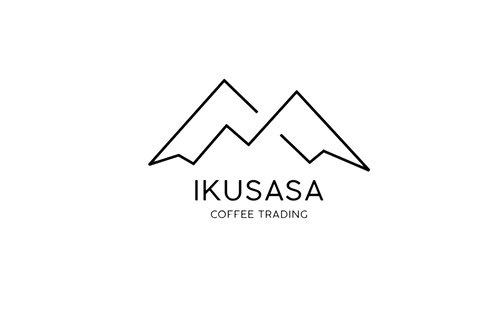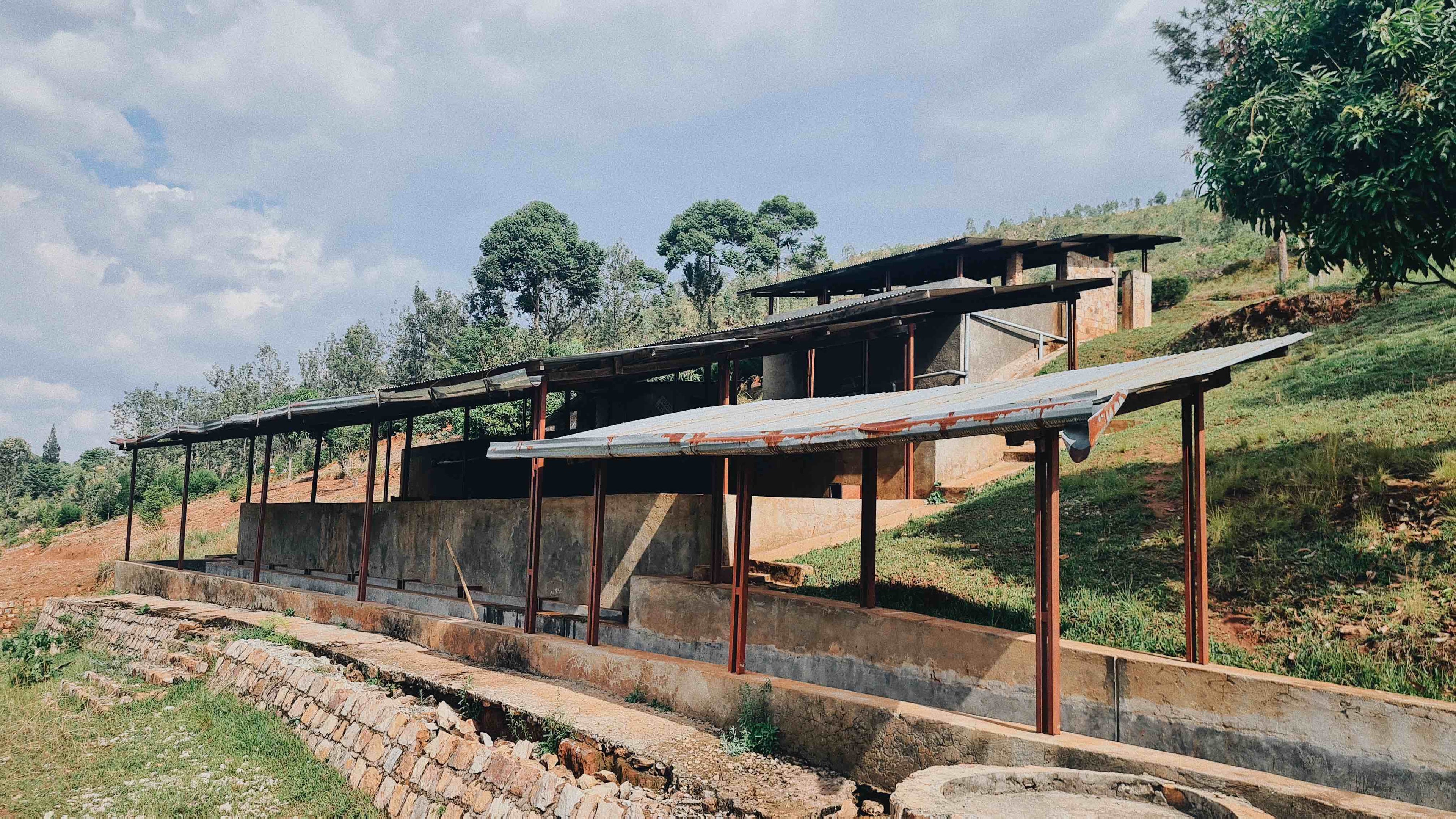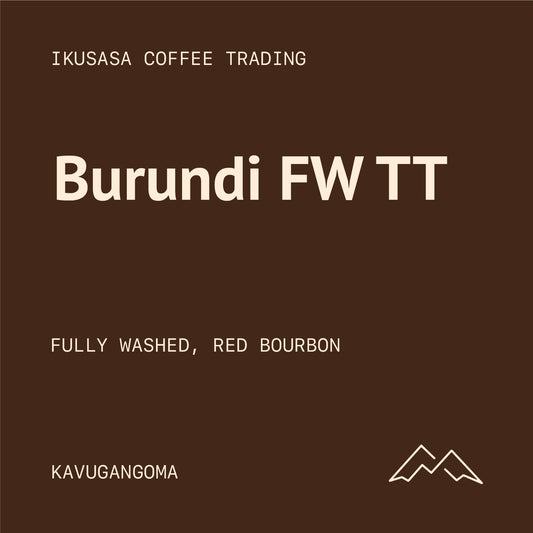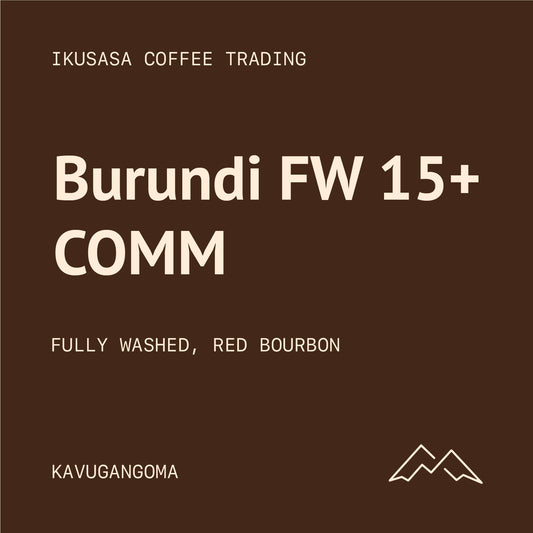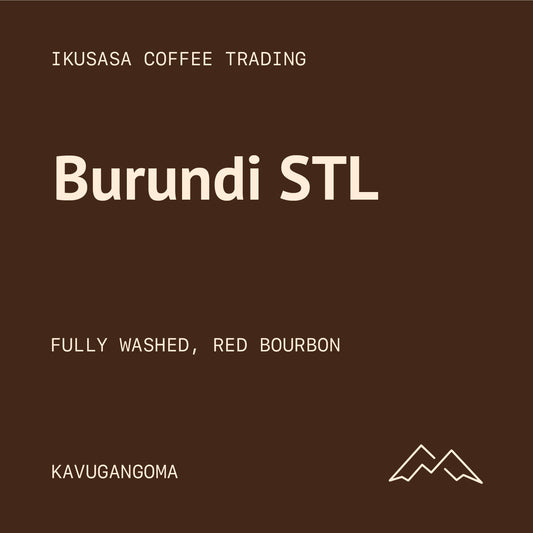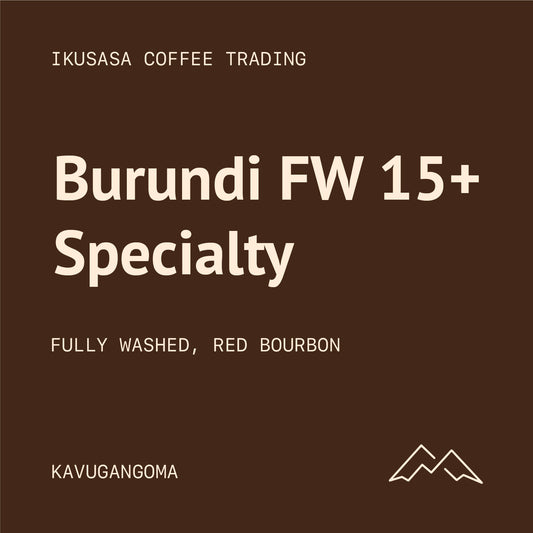Burundi has 18 Provinces which is divided into 129 Communes and approximately 3000 hills. About 18 hills surround and supply coffee to the KAVUGANGOMA Washing Station.
The name KAVUGANGOMA, which actually means, the sound of the drums, originated from the location of the washing station which can be found on the hill of Kavugangoma.
In Burundian tradition, all the drums were made out of trees called Umuvugangoma. Some time ago, when Burundi was a Kingdom, this tree was planted and became sacred to the region.
The washing station took 4 years to build and is currently doing its eighth production.
The Washing Station is built in a modern way and is equipped with the following:
- A 157 m3 water tank
- A hopper subdivided into three in order to produce specialty coffee
- A maccnone machine which has 4 disks with an ironer
- 16 fermentation tanks and 4 soaking tanks
- 200 drying tables
- A parchment stock warehouse that can hold more than 100 tons
- A pit for waste-water treatment
- Only solar energy is used for powering the lights
- The water used during the coffee washing process is captured by gravitation system.
- Sand pipes have been installed for easy access to obtain drinking water.
- Pulp waste from the pulping process is used as an organic fertilizer on the 20ha plantation but is also distributed for use on plantations in the vicinity of Kavugangoma Washing Station.
- Kavugangoma Washing Station is innovative, and is one of the first to have many agroforestry and fruit trees surrounding it in addition to the coffee plantations
- Ecological latrines have been installed. Not only are they clean and comfortable but also do not use water (dry-latrines) and are suitable for areas with little or no running water, to protect the water table
- Waste from these environmental latrines is collected for use as organic fertilizer.
- Installation of the best filtration and recycling systems of all Washing Station waste-water to protect the environment, as well as for the people living in the nearby vicinity.
There are many basic challenges among the farmers and communities that live and work near KAVUGANGOMA. We have attempted to tackle some of these challenges by:
- Reducing the distance of the route taken by coffee growers to bring the cherries from their fields to the Washing Station.
- Reducing the waiting time for coffee growers to hand over their cherries to the Washing Station through a number of time saving implementations.
- Establish of a more civilized organization, by implementing regulations and procedures in respect of the coffee growers.
- Creating jobs among the local population which has greatly reduced poverty and the rate of exodus of active populations to the cities.
FLAVOUR NOTES
Most of the coffee produced at the KAVUGANGOMA is characterized by the following profile: Sweet, Citric Acid, Heavy Bodied: Milk Chocolate, Juicy, Complex Fruit: Raisin, Blackcurrant, Berries, Apple, Balanced
GENERAL INFORMATION
Processing Stations: Kavugangoma, Muyinga Province, Burundi
Harvest: March to June (depending on rainfall) - single origin arabica beans
Rainfall: 1300mm average
Fully Washed Beans: screen 15+ and screen 15- (fully washed)
Altitude: 1800 – 2200m
Water: gravity water, filtered and cleaned
Fertiliser: organic (coffee cherry pulp and livestock compost)
Soil and Water Assessment: very low emissions – virtually footprint free (documentation available on request). Grown in volcanic soil - soil that is rich in nutrients such as nitrogen, which coffee plants need. It tends to hold water well.
Varietal: Bourbon
